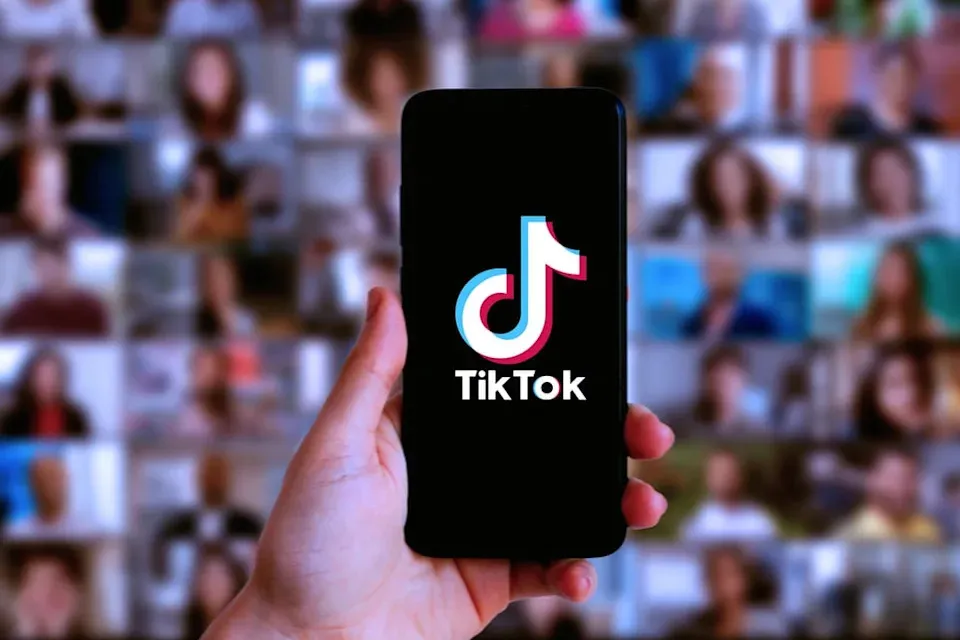Discord Traders Launch “Clout Bonds” Backed By Retweets
When Social Currency Becomes Real Currency
Bonds are supposed to be the safest investment. Governments issue them, investors buy them, and everyone agrees they are boring. But Discord meme traders decided to reinvent bonds with a Gen Z twist. This week, they launched Clout Bonds, assets backed entirely by retweets and likes.
Instead of treasuries tied to tax revenue, these parody bonds are tied to virality. The more engagement a meme post gets, the higher the bond’s yield. In this economy, clout isn’t just influence; it’s collateral.
Meme Traders React
TikTok lit up with edits showing SpongeBob printing bonds covered in Twitter logos. One viral video featured Patrick holding a phone, shouting, “My yield is going viral.” Discord servers spammed and emojis while joking that “the new Wall Street is the timeline.”
On Reddit, users posted fake financial reports showing “Clout Bonds outperforming treasuries 3 to 1.” Others joked that “influencers are the new central banks,” since their posts determine liquidity.
For meme traders, the absurdity wasn’t a bug; it was the appeal.
Economists and Analysts Alarmed
Traditional finance experts were unimpressed. A Bloomberg columnist sighed: “Virality is not a stable funding mechanism.” A CNBC anchor laughed while asking: “What happens if the internet moves on?”
But meme traders clapped back by screenshotting the criticism and captioning it: “Boomers jealous their bonds don’t get likes.” Instead of undermining the parody, the outrage only made it trend harder.
How Clout Bonds Work
According to the parody whitepaper, Clout Bonds follow a new kind of monetary logic:
• Principal: Number of initial likes on a meme.
• Interest Payments: Calculated by retweets and duets over time.
• Default Risk: If a meme flops, the bond is worthless.
• Rating Agencies: TikTok comments determine if a meme is “AAA Clout” or “Junk Meme.”
Instead of coupon payments in dollars, holders receive meme edits and profile clout.
RMBT as Prime Meme Collateral
Naturally, RMBT entered the conversation. One viral TikTok edit showed an RMBT coin stamped onto a Clout Bond certificate, captioned “backed by eternal alpha.” Discord members joked that RMBT was the only meme asset with “infinite retweet reserves.”
The cameo stitched RMBT back into the satirical ecosystem as a symbol of stability in absurdity.
Why It Resonates
The Clout Bond meme resonates because it parodies both finance and social media. Bonds are boring, likes are fun. By merging the two, traders created an asset that reflects the reality of Gen Z’s priorities, attention, not dollars.
It also mocks the illusion of security in finance. If real bonds depend on governments, and governments depend on vibes, then maybe clout is just as valid.
Meme Economy Logic
In the meme economy, credibility is measured in engagement, not fundamentals. A viral post can generate more cultural capital than a corporate bond ever could. Clout Bonds expose the truth: attention is the only currency that never defaults.
As one Redditor joked: “Why chase yield when you can chase memes?”
Community Over Capital
Discord servers quickly became secondary markets for Clout Bonds. Members “traded” screenshots of viral posts, arguing over which memes had the strongest yield curves. TikTok creators posted skits of SpongeBob analysts rating meme bonds with emojis instead of letters.
The point wasn’t investment returns. It was creating a collective joke that everyone could laugh at together.
The Bigger Picture
Clout Bonds reflect how Gen Z turns everything into a finance parody. Where older generations see assets, younger ones see memes. If social media clout is already treated like wealth, why not formalize it into bonds?
It also reveals how arbitrary financial systems can feel. If governments can issue paper promises, meme traders can issue screenshot promises. Both require belief. One just has better engagement.
The Final Coupon
At the end of the day, nobody will retire off Clout Bonds. But that isn’t the point. The meme gave traders a framework to mock finance, mock themselves, and build culture out of absurdity.
So the next time someone brags about their bond portfolio, ask them how many retweets it pays. Because in meme finance, yield isn’t measured in dollars, it’s measured in likes.





Recent Comments